Thembisile “Chris” Hani was born June 28, 1942, in Cofimvaba, in the Transkei region of South Africa. He was from a working-class family, with both of his parents being only semi-literate. His father worked as an unskilled laborer in the mines and on construction sites. His mother was a subsistence farmer who grew enough food to feed her family while her husband was out working to make money for the white Apartheid system, of which his family saw very, very little.
Hani, who wanted to be a priest, walked 12 miles back and forth to school and church. In 1954, the regime introduced the Bantu education system, which basically sought to degrade the history of the black national majority and promote the history of the white colonizers. This greatly angered Hani and motivated him to join the African National Congress (ANC), which fought for liberation from white supremacy and exploitation.
Hani joined the ANC Youth League in 1957, and enrolled at Fort Hare university in 1959. At Fort Hare, Hani was exposed to Marxism-Leninism for the first time. His coursework in Classical Latin, Greek, and English Literature served to further sharpen his hatred and desire to fight against tyrants and oppressors.
In 1961, Hani joined the banned South African Communist Party (SACP), as he realized that liberation couldn’t just be had by overthrowing the white supremacist system. In 1962, Hani took up the armed battle and joined Umkhonto we Sizwe, the ANC’s secret armed wing. He moved from place to place, fighting in Zimbabwe as a political commissar and traveling incognito into South Africa and Lesotho to build the underground struggle movement. He eventually became Chief of Staff of Umkhonto we Sizwe, and served as General Secretary of the SACP after the suspension of the armed wing.
In 1993, Hani was assassinated by Janusz Walus, a right-wing Polish anti-communist, he was preparing to enter his home in Dawn Park, Boksburg, a racially mixed area. Walus was aided by Clive Derby-Lewis, a right-wing politician belonging to the Conservative Party, who lent him a pistol to commit the crime. This act almost brought the country to civil war. Both men were sent to prison, but this could not erase the fact that they deprived the South African people of a key leader and, had he lived, a further contributor to the fight for liberation.
Sources:
http://www.sacp.org.za/main.php?ID=2294
http://www.sahistory.org.za/people/thembisile-chris-hani
http://www.vice.com/en_uk/read/the-assassination-of-chris-hani-almost-brought-south-africa-to-civil-war
https://www.zammagazine.com/chronicle/chronicle-11/202-essay-chris-hani-murder-revisited
https://www.nelsonmandela.org/omalley/index.php/site/q/03lv02424/04lv03370/05lv03422.htm








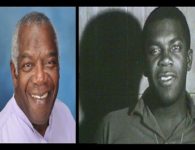
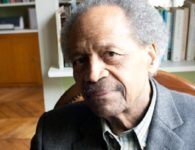
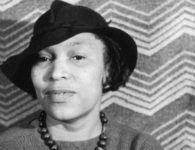
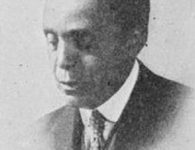
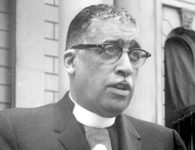


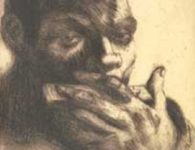
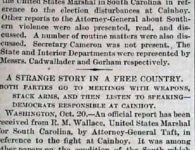

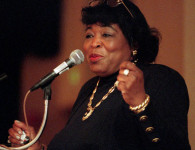
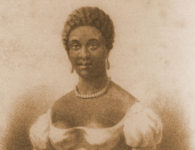

No comments